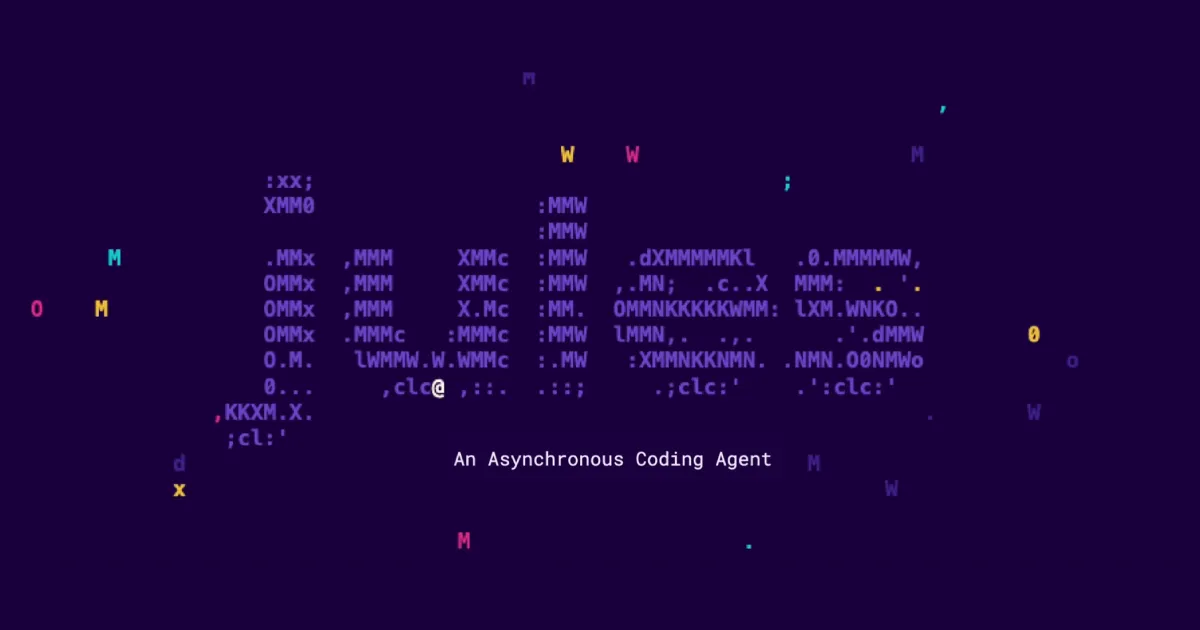Jules by Google: An AI agent for autonomous coding

After a quiet debut in Google Labs last December, Jules, Google’s autonomous coding assistant, is now available to everyone in public beta—with no waitlist and global access wherever the Gemini AI model is supported.
Unlike traditional coding tools or AI copilots, Jules aims to be something more ambitious: a true agentic developer. It's not just a tool that completes lines of code — it reads your codebase, understands your intent, and executes complex tasks autonomously.
What Is Jules?
At its core, Jules is an asynchronous, fully integrated coding agent that connects directly to your existing repositories. Once linked, it clones your codebase into a secure Google Cloud virtual machine (VM), giving it full visibility and context to understand and improve your software — all without training on or exposing your private code.
Jules can independently perform a variety of tasks, including:
- Writing and updating unit tests
- Fixing bugs
- Implementing new features
- Updating dependencies
- Providing audio changelogs summarizing commit history
It works quietly in the background, enabling developers to stay focused on other work. When a task is complete, Jules presents a detailed plan, explanation, and a diff of the code changes, putting full transparency and control in the hands of the developer.
Key Features of Jules
- Real Project Integration: No sandbox environments — Jules works directly on real-world codebases with full context.
- Advanced Reasoning: Powered by Gemini 2.5 Pro, Jules can navigate and modify multi-file systems and execute concurrent tasks intelligently.
- Asynchronous Workflow: Tasks run in the cloud while you focus elsewhere.
- GitHub Integration: Jules integrates natively into GitHub workflows, with no need for additional tools or switching contexts.
- Visible Plans and Edits: Before touching your code, Jules outlines what it intends to do — and why — giving you full control to accept, modify, or reject changes.
- Audio Changelogs: For a new kind of dev log, Jules can summarize recent code commits into spoken updates.
Agentic Development: From Concept to Core Workflow
Google is positioning Jules as a key player in the future of agentic development — a concept where AI not only assists but takes on autonomous execution of engineering tasks. With the transition from prototype to product, Jules is a significant step toward that vision.
Its cloud-based VM system allows for complex and parallel execution, handling tasks that go beyond what traditional code-completion tools or assistants can manage.
Getting Started
During the public beta, access to Jules is free, though usage limits apply. Developers can start using Jules by:
- Connecting their GitHub repo
- Allowing Jules to clone and scan the codebase
- Prompting a task (e.g., “Upgrade Node.js version”)
- Reviewing and approving Jules' proposed plan
- Managing tasks and feedback through the Jules control panel
Whether you're debugging a legacy codebase or building new features from scratch, Jules offers a powerful new way to automate the time-consuming parts of software development — without losing visibility or control.
Looking Ahead
While the beta is currently free, Google has signaled that pricing plans will follow as Jules matures into a full-scale development platform. But for now, developers everywhere can experience what a truly autonomous coding agent feels like — and begin shaping the future of AI-assisted software creation.
Jules isn’t just writing code. It’s building with you.





